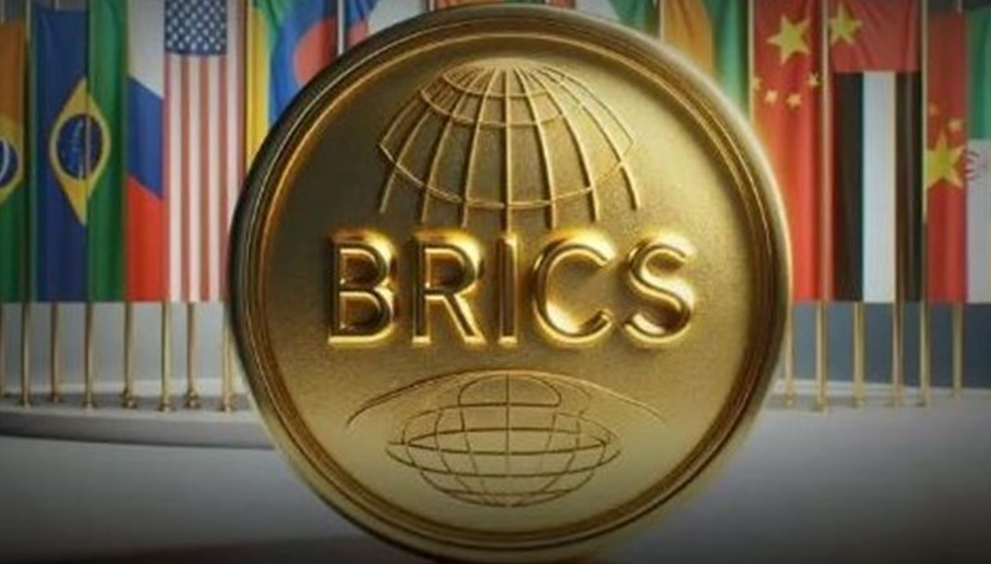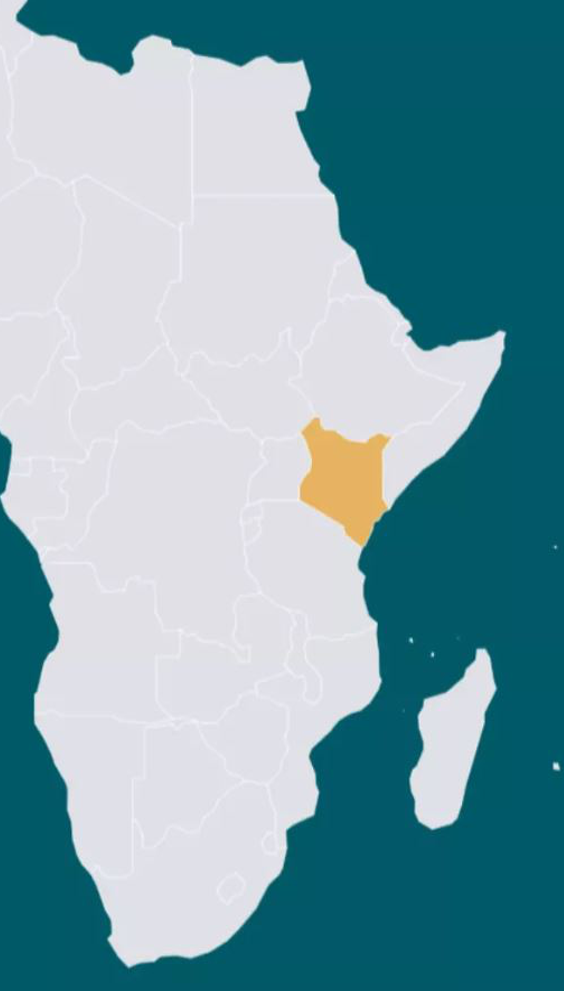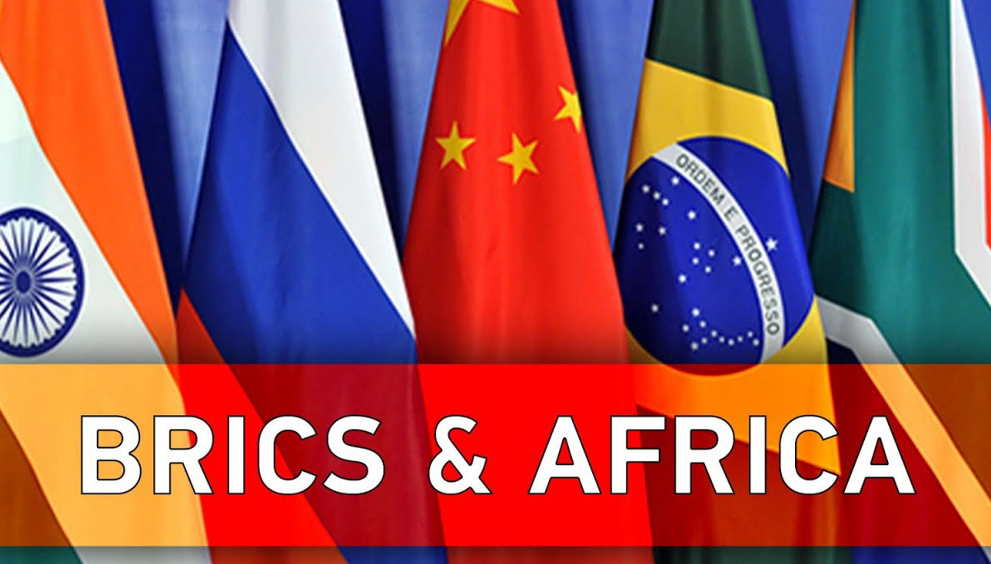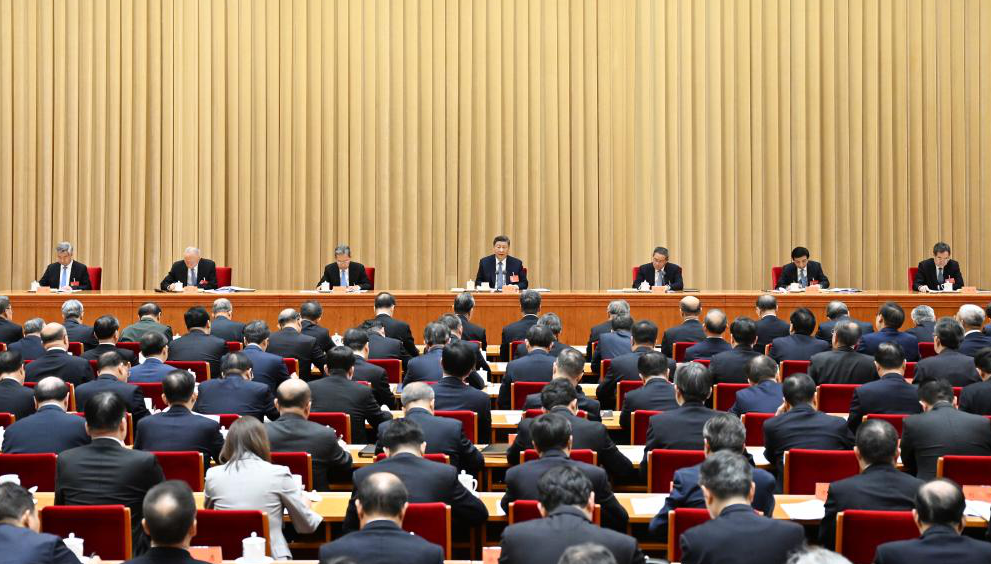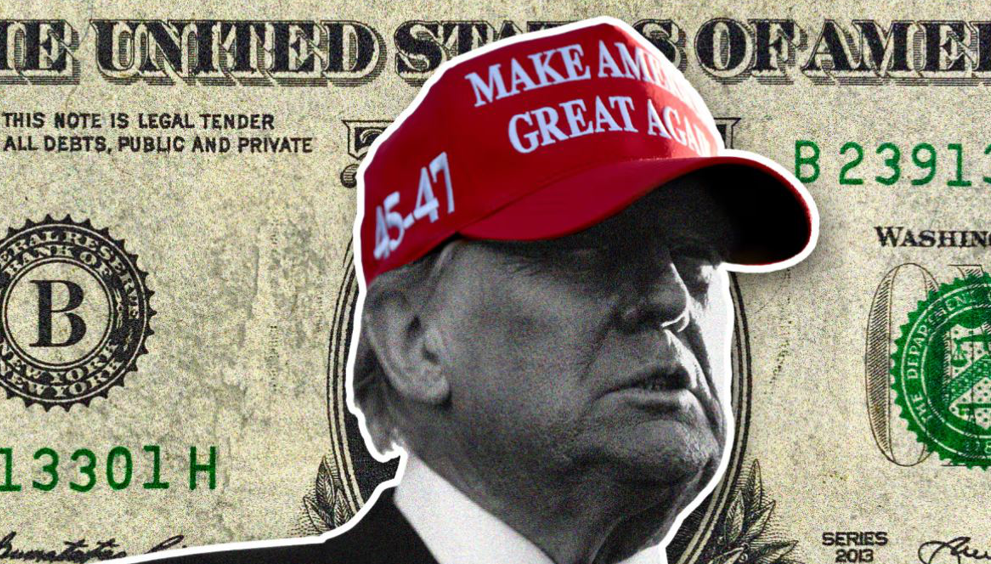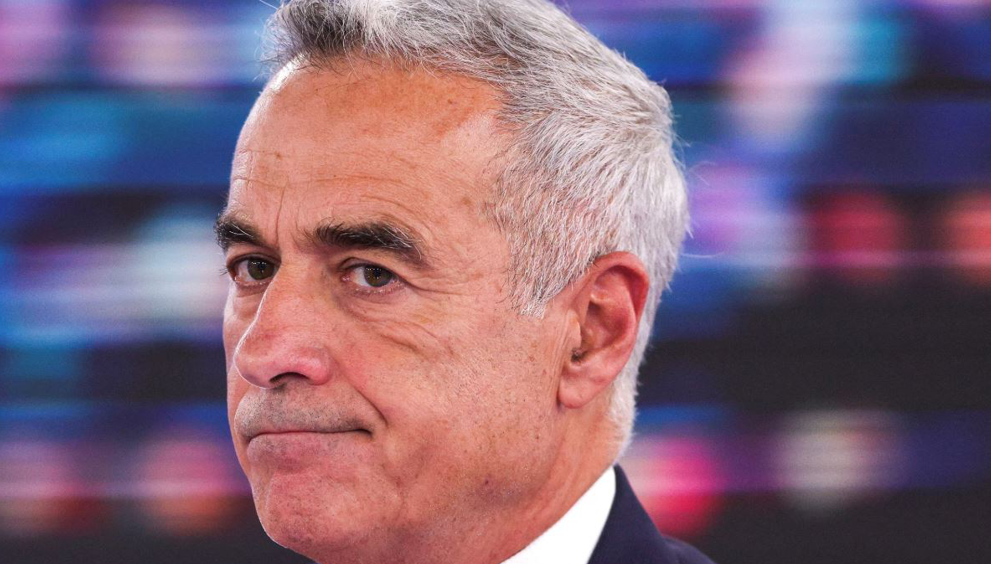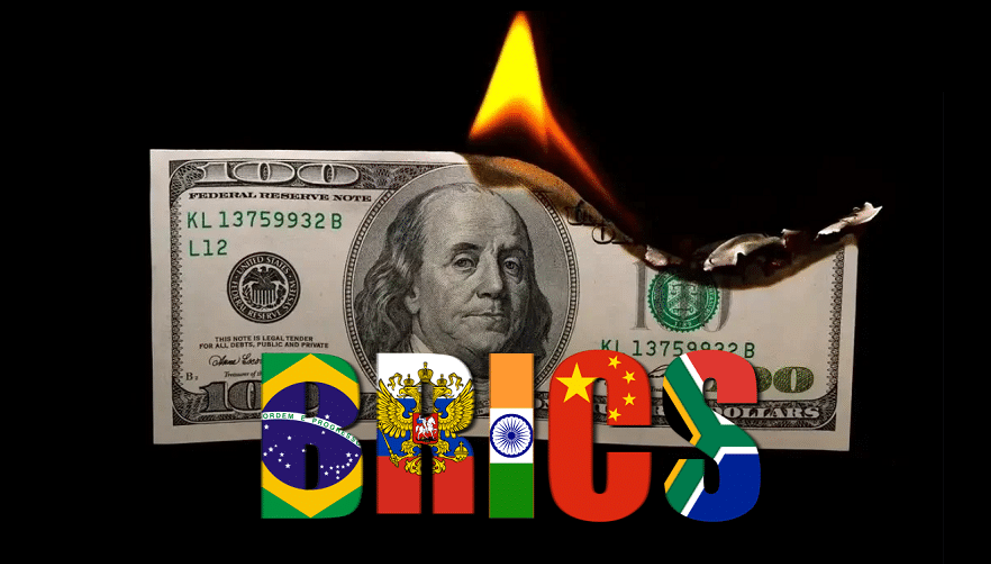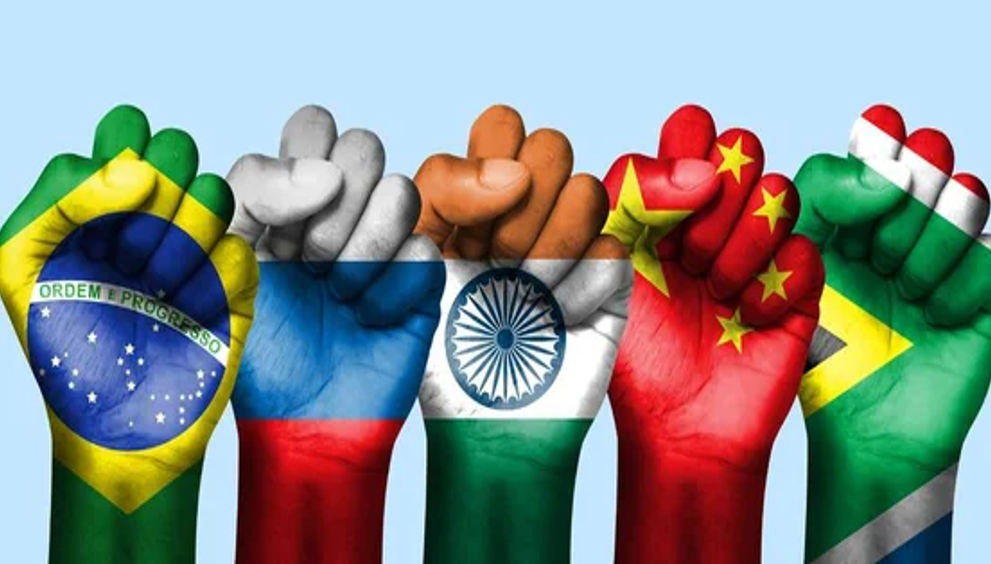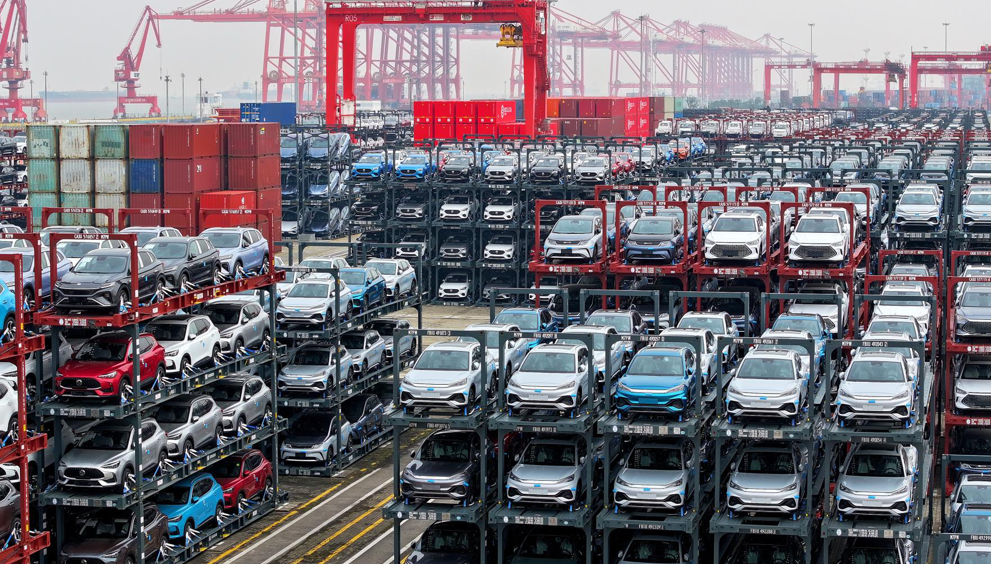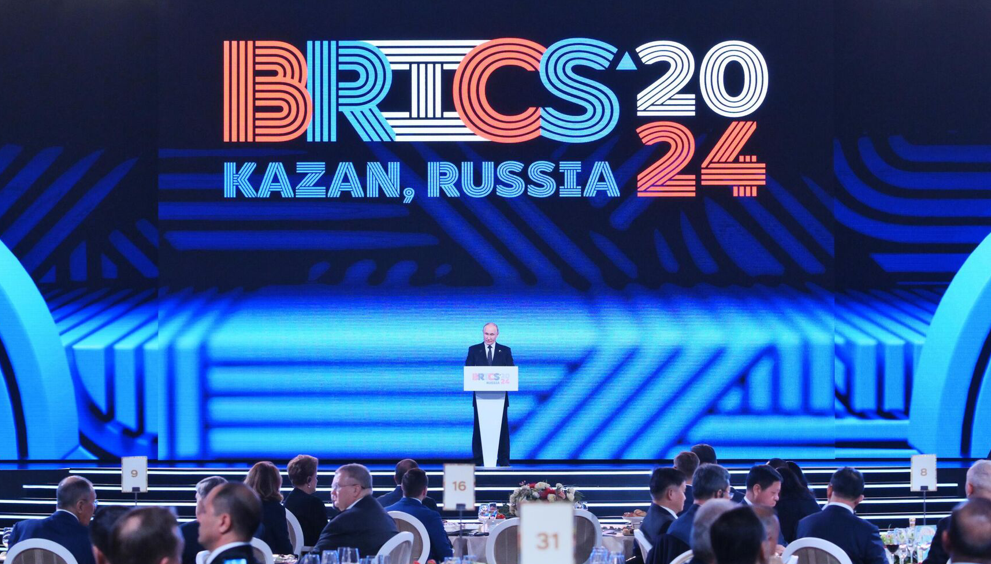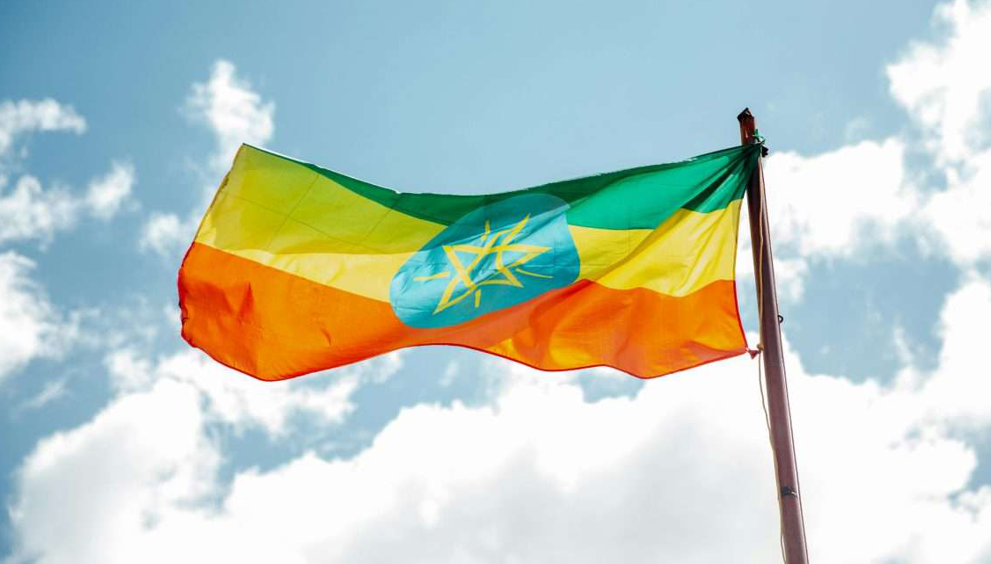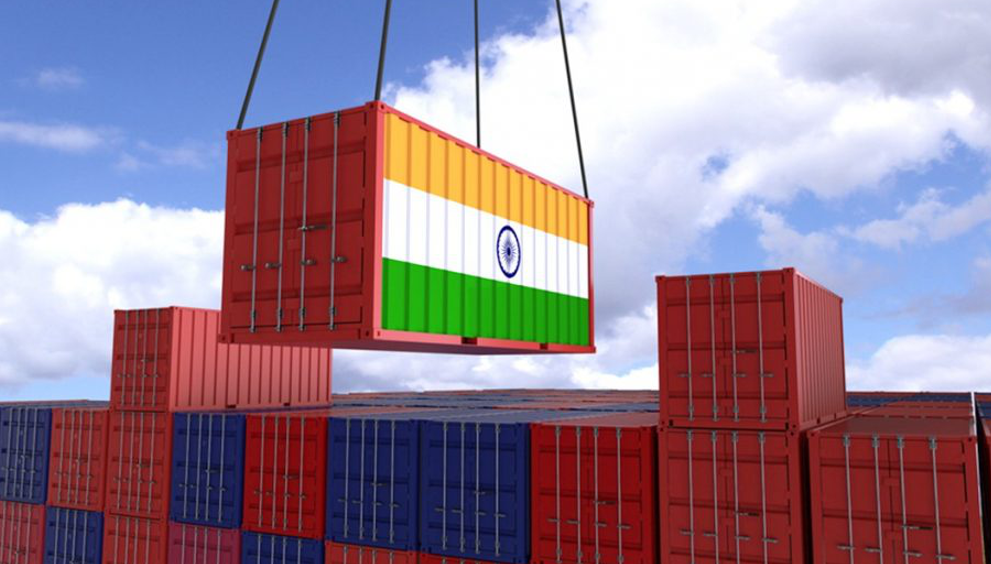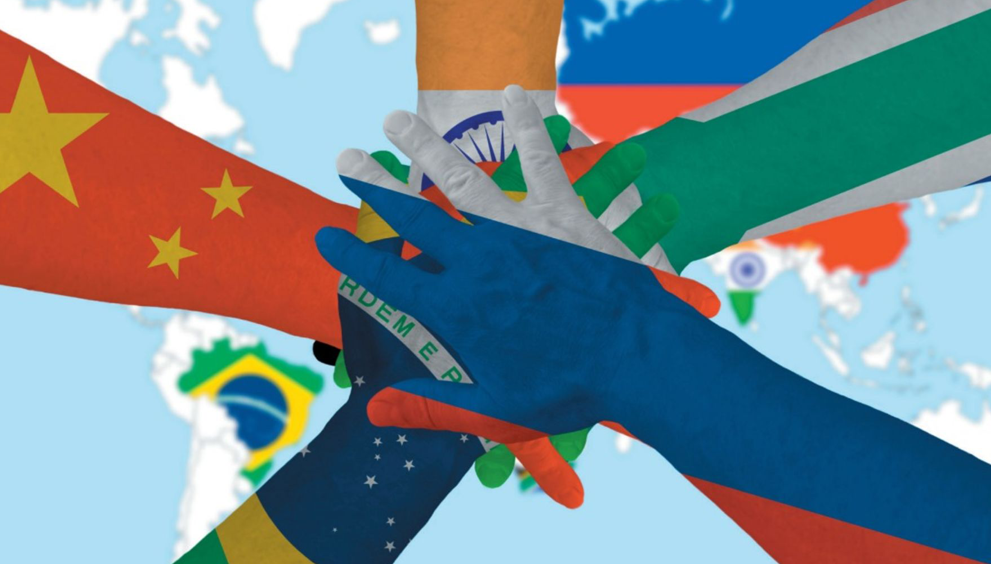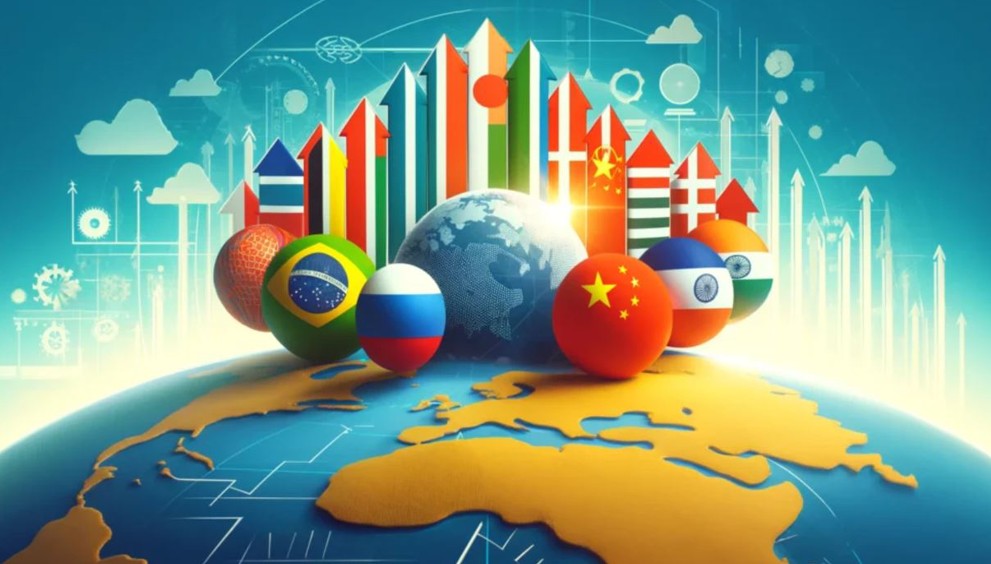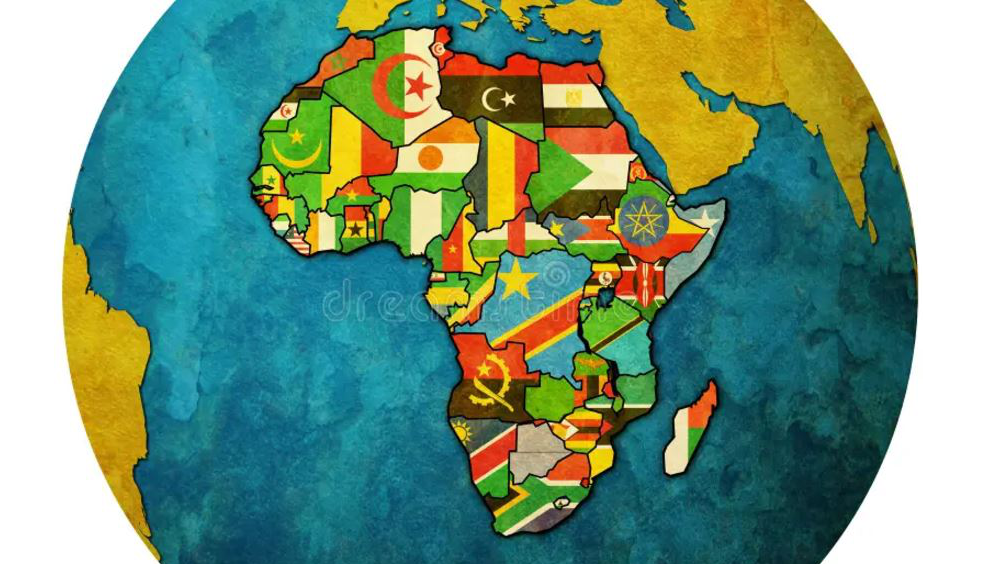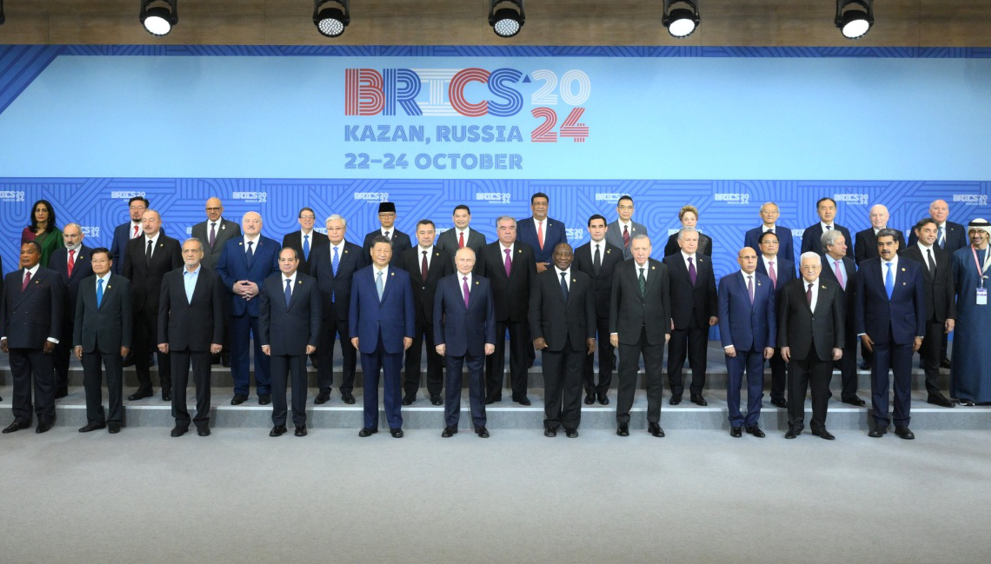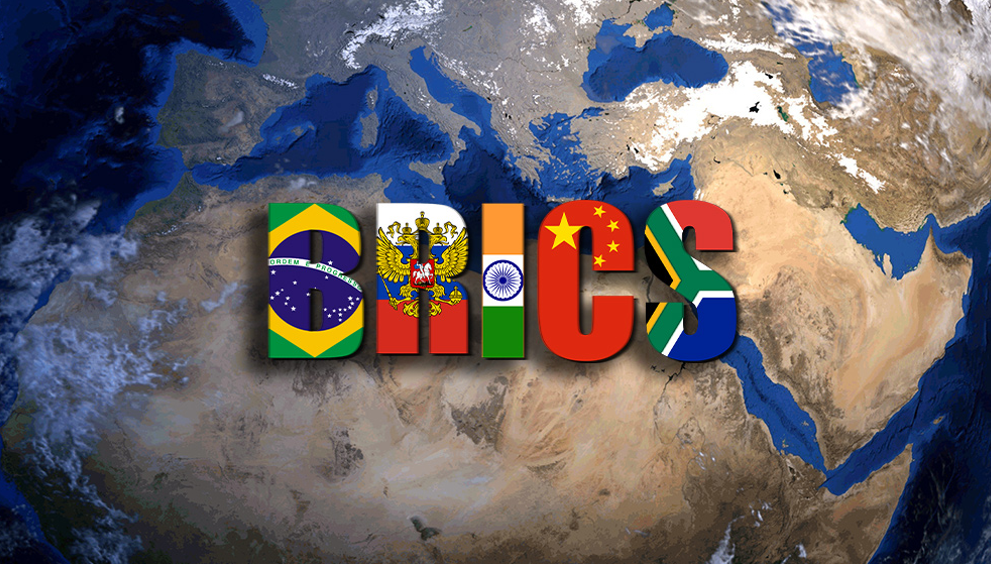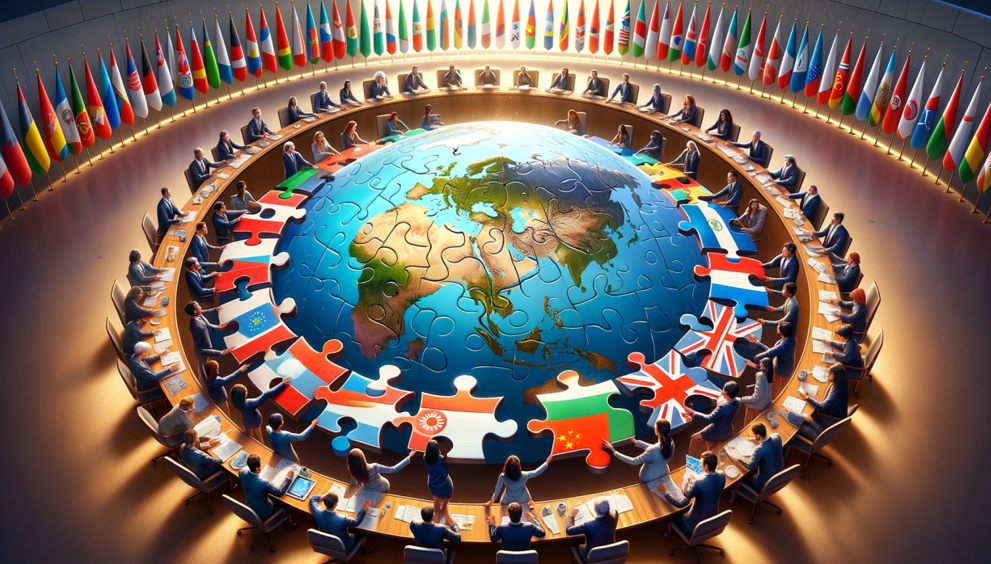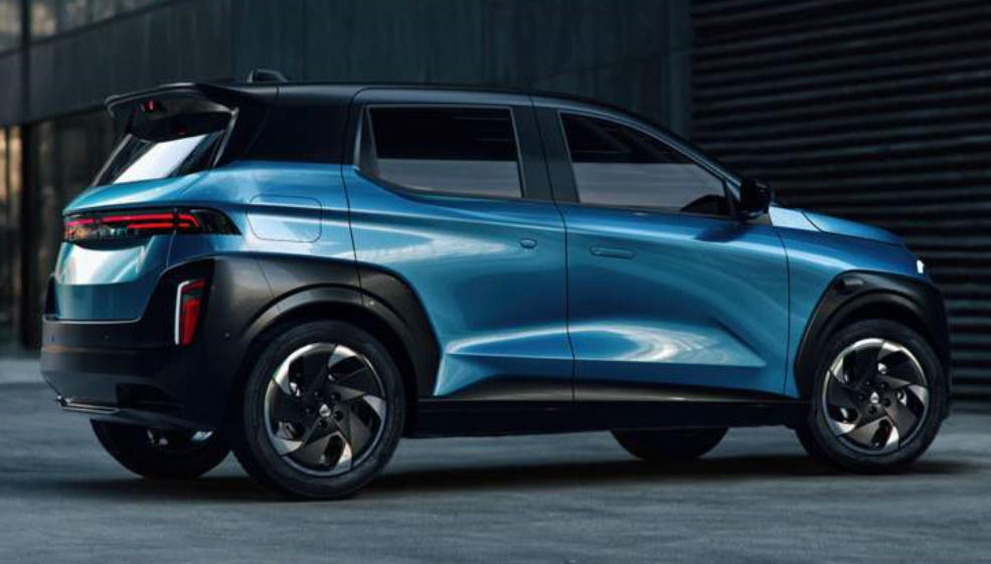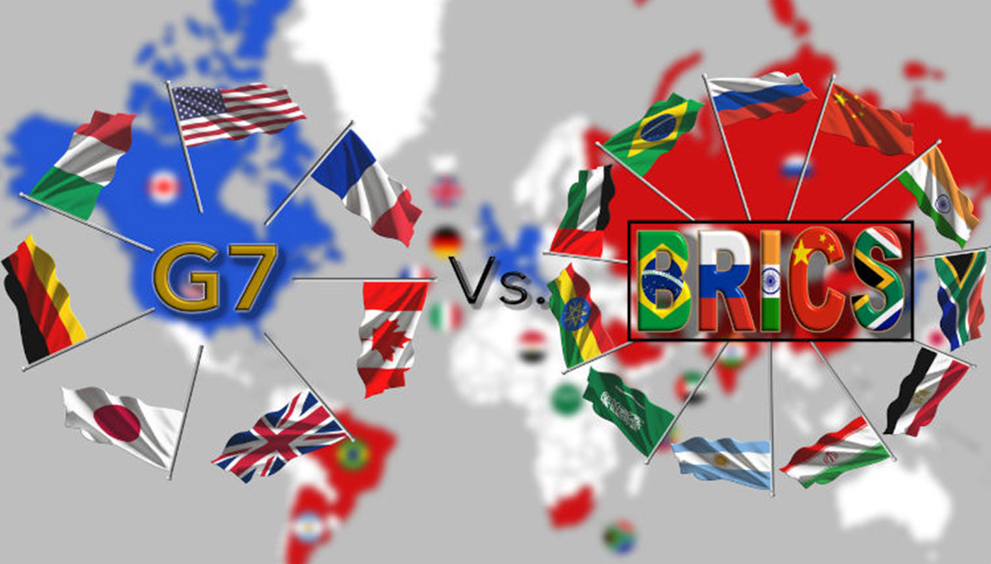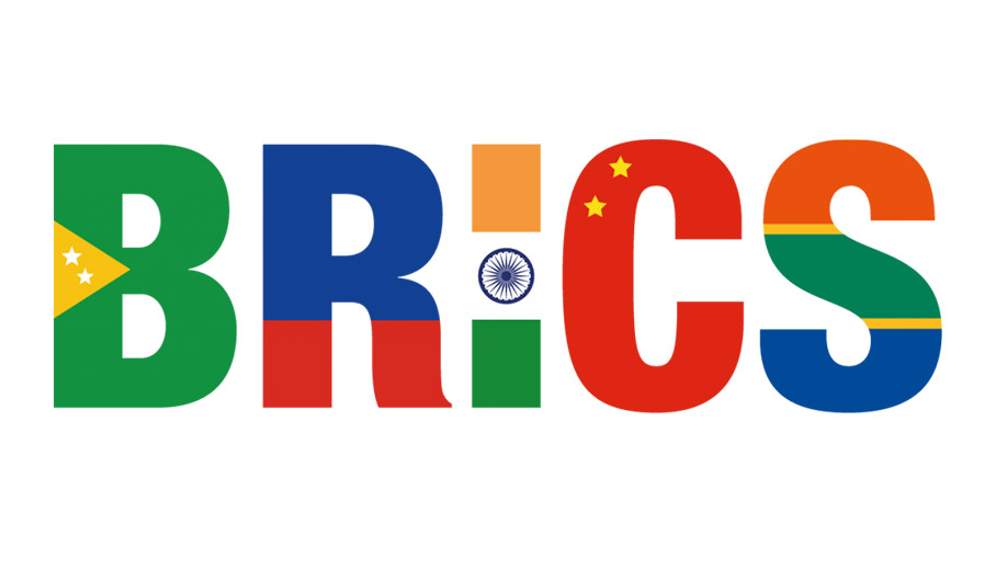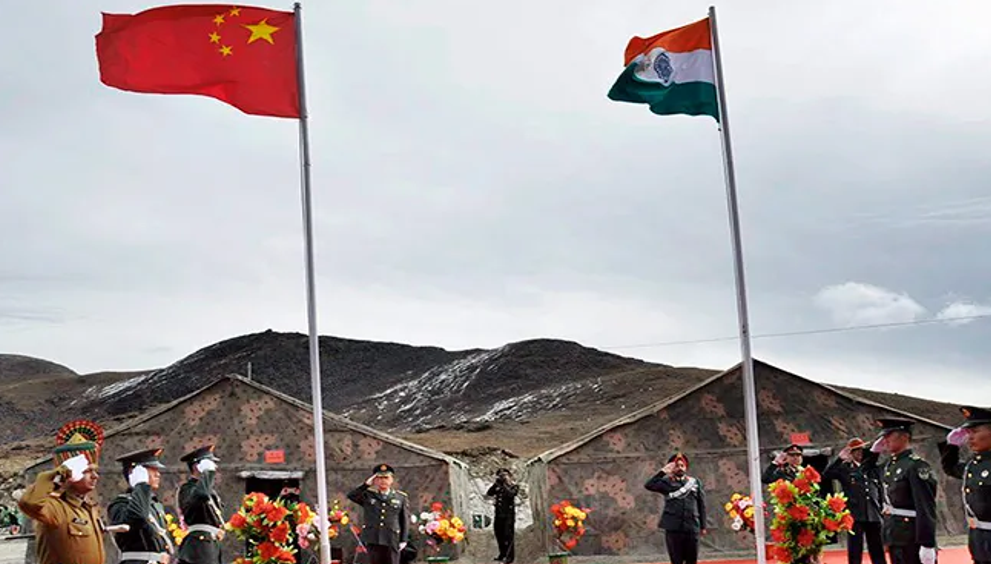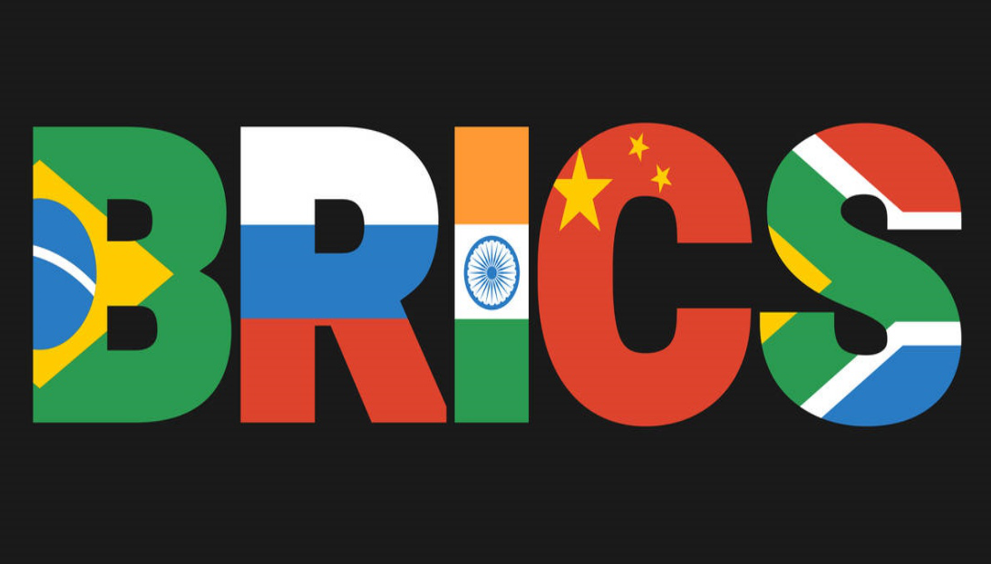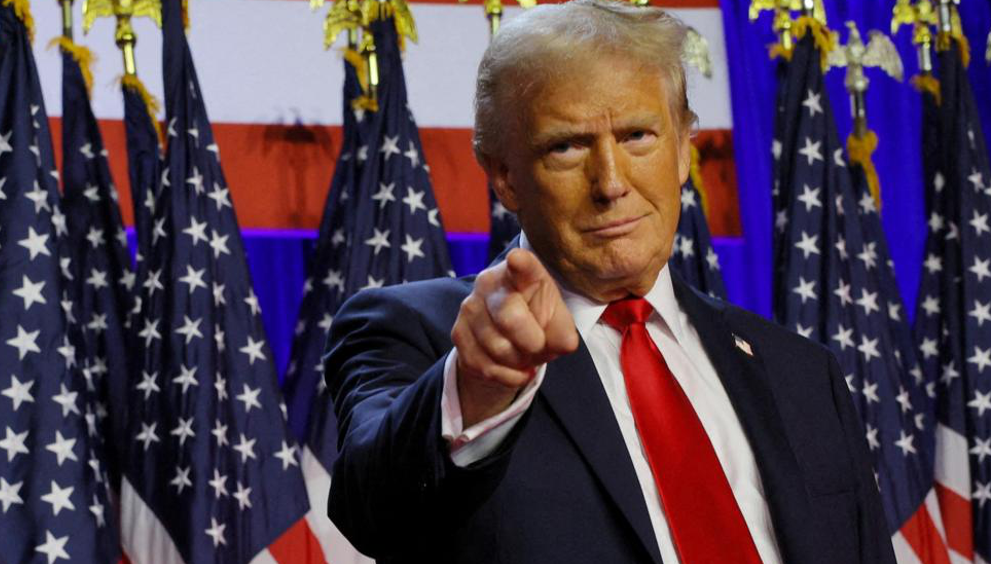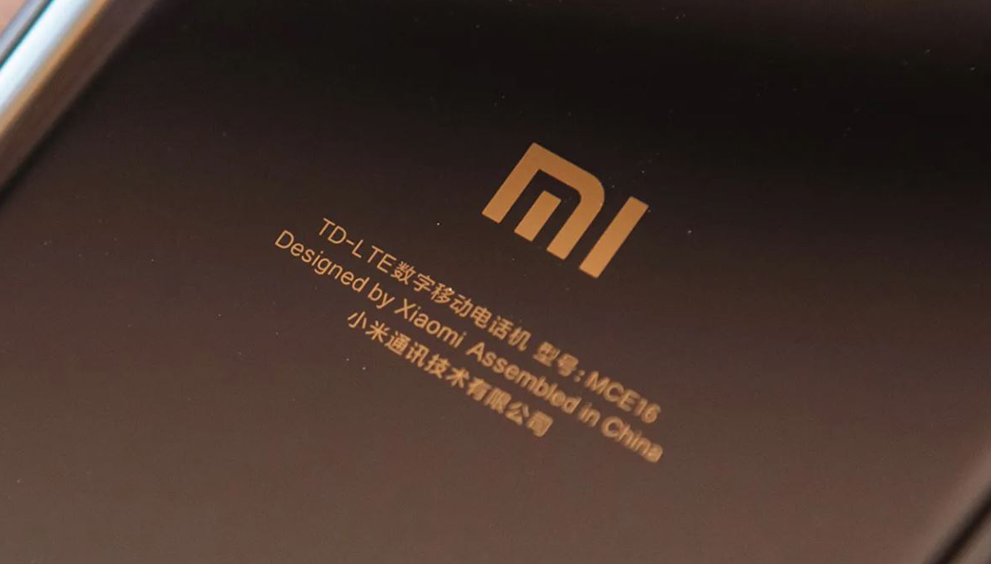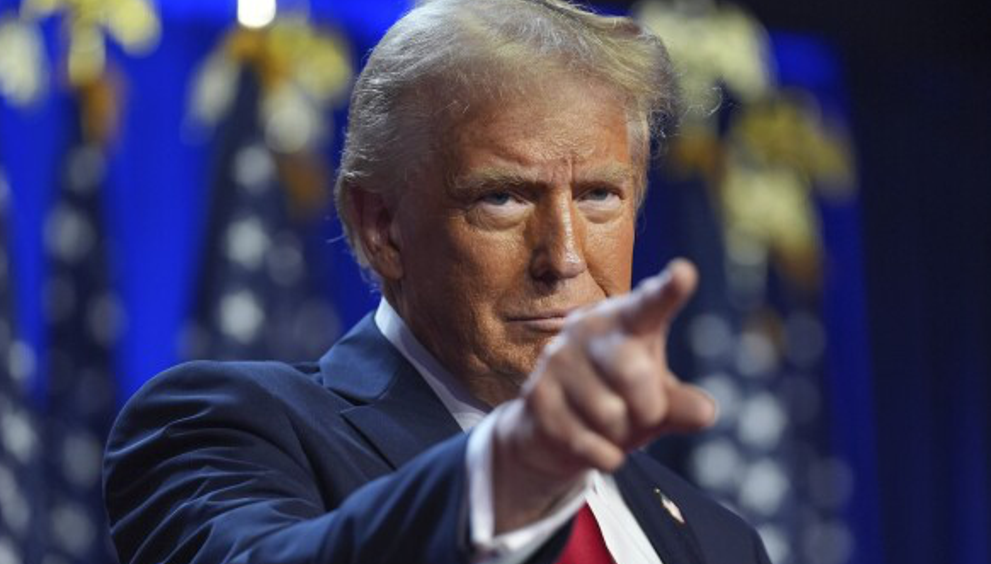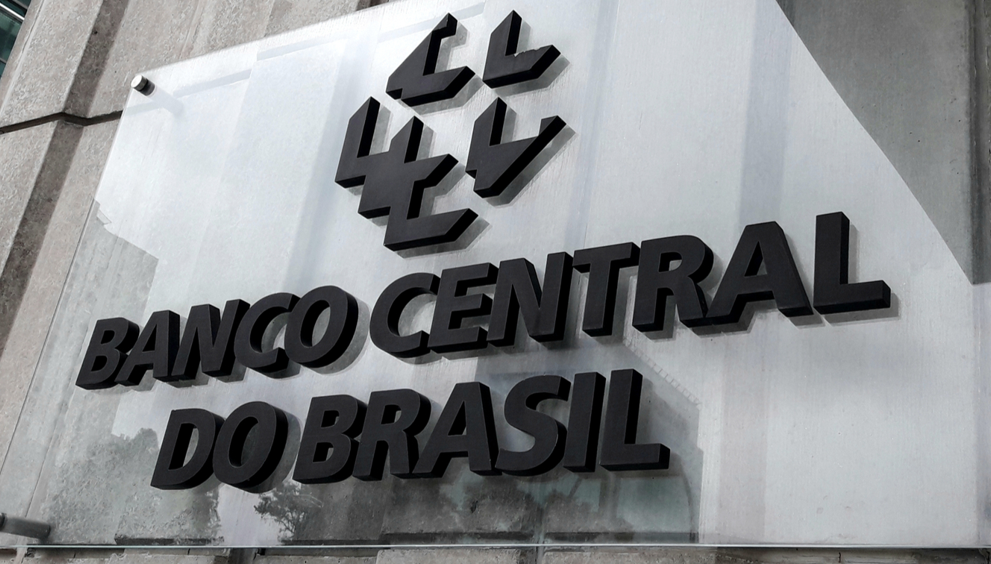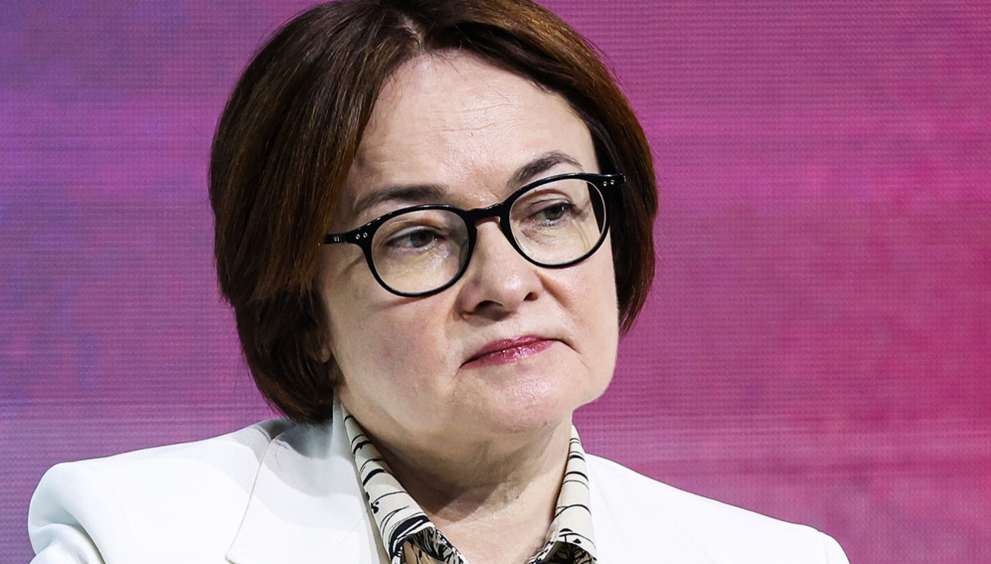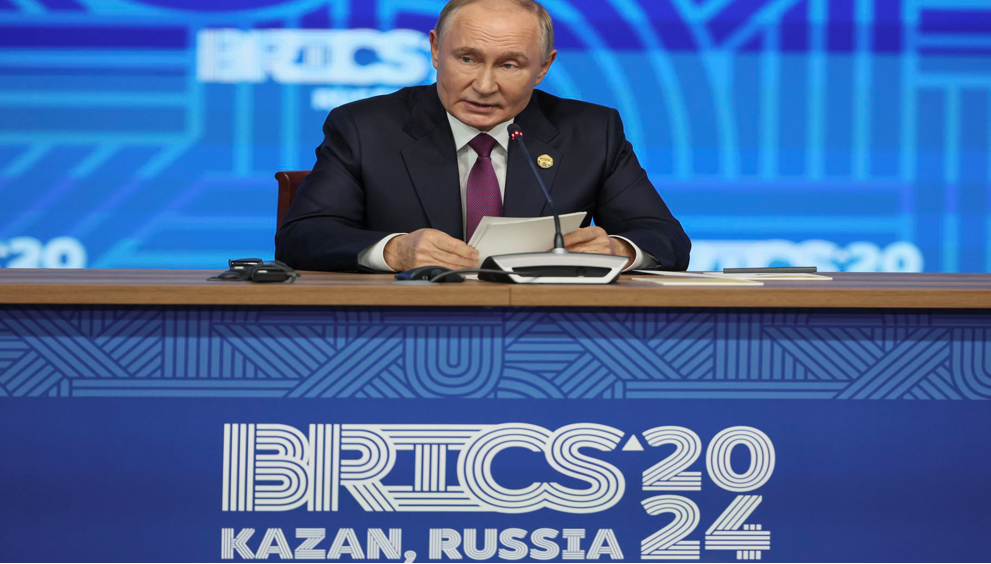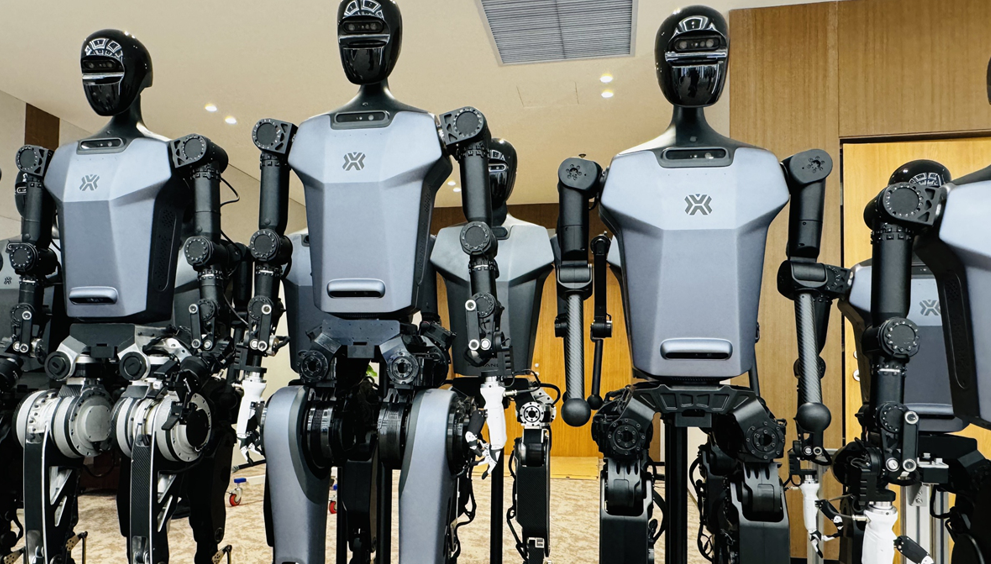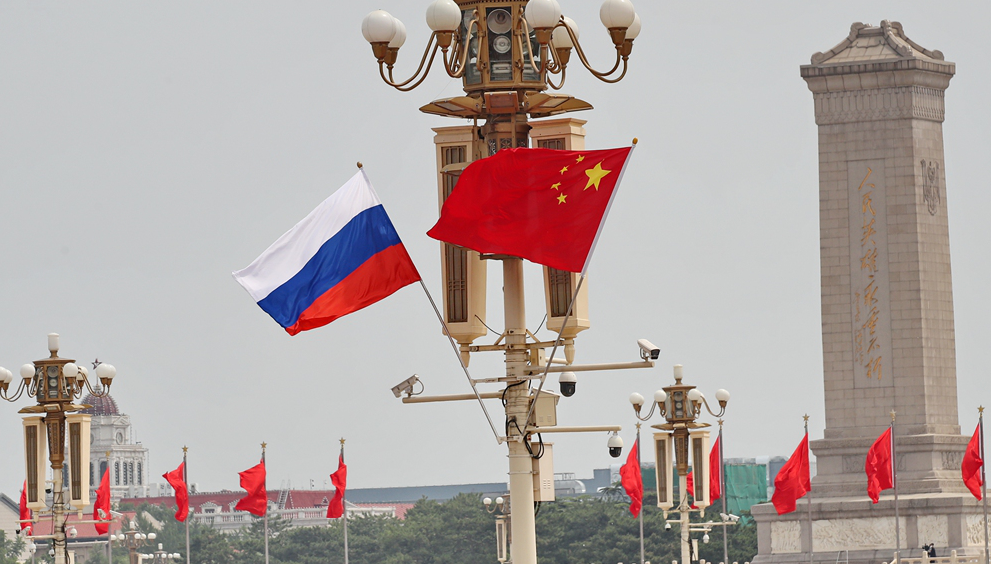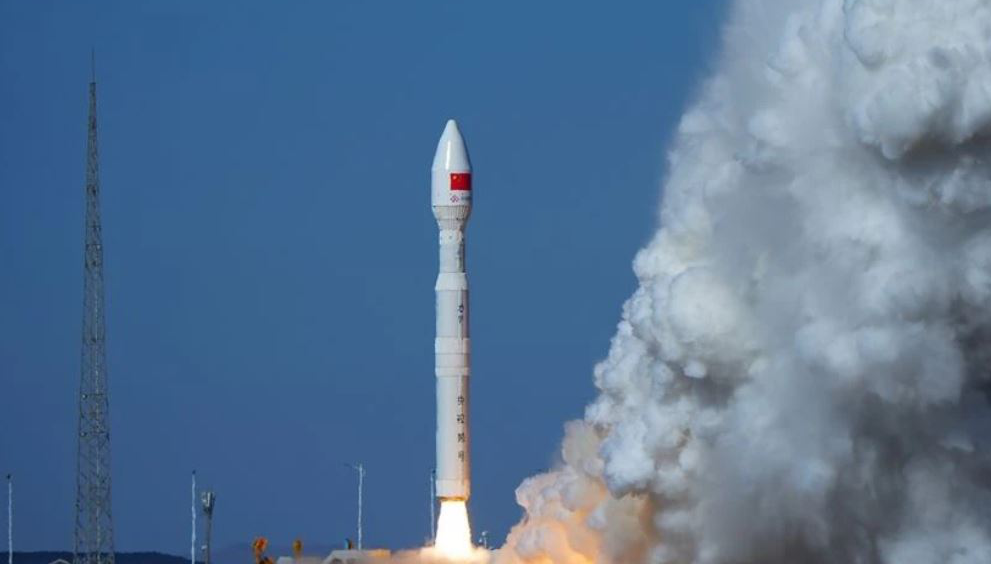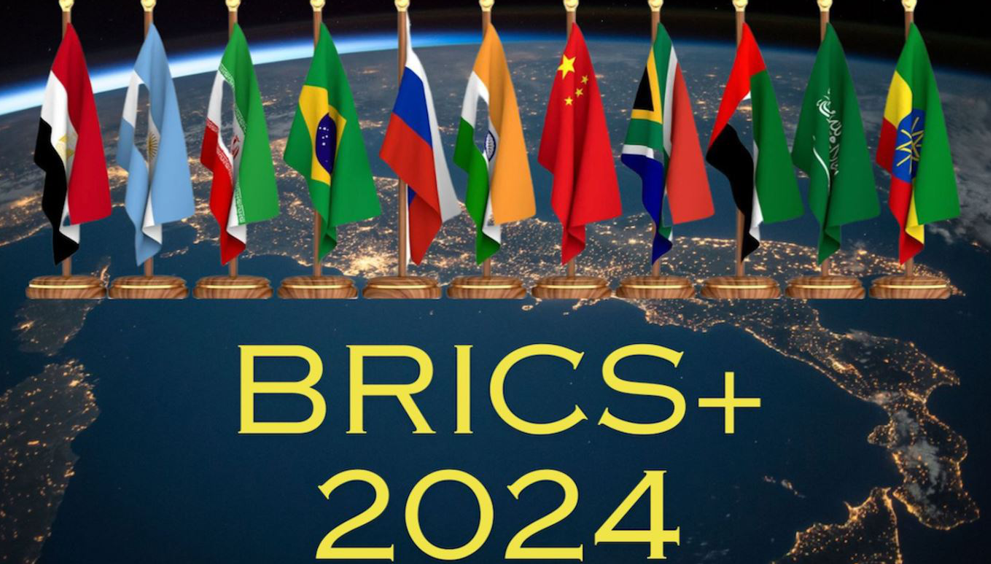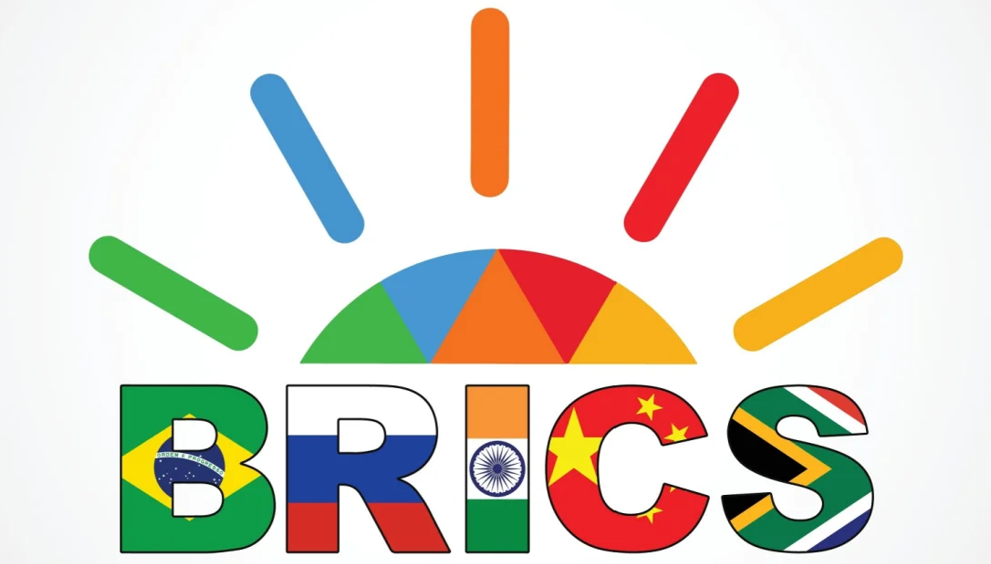South Korea Eyes a Rich BRICS Road to the Global South

In 2024, the BRICS nations continue to consolidate their influence in the global arena, collectively accounting for over 40% of the world’s population and approximately 30% of global GDP in purchasing power parity terms.
According to recent IMF projections, BRICS countries are set to contribute over 50% of global GDP growth in the coming years, underscoring their increasing weight in the international economic landscape.
China and India, in particular, remain the principal economic engines of the group, each maintaining robust trajectories fueled by China’s Belt and Road Initiative (BRI) and India’s ascendancy as a prominent manufacturing hub.
Complementing these giants, Russia leverages its vast energy resources, Brazil capitalizes on its agricultural and natural wealth and South Africa anchors the coalition’s outreach on the African continent. This strategic diversity enables BRICS to wield considerable influence in shaping global economic and political agendas.
Today, the BRICS is positioning itself as a counterweight to traditional Western-led financial institutions like the IMF and World Bank, aiming to restore balance and justice in the emerging global economic order.
Central to this effort is the New Development Bank (NDB), which began with an initial capital of US$100 billion to fund infrastructure and sustainable projects, extending beyond the BRICS members to other emerging economies.
This initiative, combined with efforts to promote trade in local currencies, reflects a strategy to reduce reliance on dollar-based systems and challenge Western dominance in global financial governance.
Moreover, BRICS has increasingly positioned itself as a representative of the Global South, advocating for principles of non-interference and mutual development.
The 2024 BRICS summit in Russia reinforced this by welcoming Argentina, Egypt, Ethiopia, Iran, Saudi Arabia and the UAE, highlighting its ambition to form a more inclusive grouping with greater global influence.
Today, BRICS is not merely an economic grouping; it represents the desire of the Global South for a shift toward a multipolar global order, with the grouping increasingly diverging from Western narratives on critical geopolitical issues.
This rising influence is reflected in efforts to reshape the international financial architecture, promote new development models, and challenge the dominance of Western-led institutions in international politics.
The group’s coherence in advancing the interests of the Global South and its proactive pursuit of economic sovereignty and technological self-reliance is pivotal to its vision of a new world order.
Strategic Seoul positioning
South Korea’s rise as a major economic and technological player has positioned it as an influential actor in global geopolitics. As a significant member of the G20 and an active participant in multilateral forums, South Korea has consistently advocated for greater representation of emerging economies in global governance institutions.
Despite its non-membership in BRICS, South Korea shares many of the coalition’s aspirations, particularly in diversifying economic partnerships and reducing dependence on a Western-centric international order.
South Korea’s strategic policies, such as the New Southern Policy (NSP), emphasize greater engagement with emerging economies in South and Southeast Asia, regions where BRICS nations, particularly India, hold considerable sway.
Furthermore, South Korea’s Indo-Pacific strategy aligns with BRICS interests, particularly in fostering connectivity and infrastructure development, providing fertile ground for deeper engagement on both bilateral and multilateral platforms.
For South Korea, closer cooperation with BRICS offers numerous benefits. By actively engaging with BRICS-led initiatives such as the NDB, South Korea can gain a foothold in emerging financial frameworks, reducing its reliance on traditional Western financial systems and broadening its influence in global economic governance.
This involvement also positions South Korea as a neutral partner that bridges traditional Western alliances with emerging powers in BRICS, enhancing its diplomatic leverage and strategic flexibility in an increasingly multipolar world.
The diversification of its export markets, supply chains, and diplomatic engagements through partnerships with BRICS nations will be essential for maintaining competitiveness and securing long-term interests.
Collaborating with BRICS institutions also provides South Korea the opportunity to access emerging markets and participate in the growing regional integration efforts among BRICS members and their allies.
India-South Korea in BRICS embrace
India and South Korea are already strong strategic and economic partners. However, as BRICS expands its influence in the global arena with India as a key player, it presents a unique opportunity for South Korea to enhance its global status by strengthening its bilateral ties and collaborating more closely on global security and strategic issues.
Both nations possess complementary strengths and shared interests, making cooperation increasingly beneficial amid shifting global dynamics. India and South Korea have established a robust economic partnership, but there is still significant potential to deepen trade and investment ties.
In the wake of BRICS’ rise, the two countries could focus on expanding the Comprehensive Economic Partnership Agreement (CEPA) to include areas such as digital trade, intellectual property rights, and services. This would not only provide preferential market access and boost bilateral trade volumes but also help South Korea strengthen its ties with the Global South.
Additionally, South Korea can leverage India as an alternative manufacturing hub amid shifting global supply chains, particularly in electronics, semiconductors and automotive manufacturing.
Participation in India’s ambitious infrastructure projects, such as the National Infrastructure Pipeline (NIP) and the Smart Cities Mission, presents further opportunities for Korean firms to expand their influence and capitalize on India’s rapid growth trajectory, reinforcing South Korea’s engagement with BRICS countries.
The evolving geopolitical landscape demands stronger strategic ties between South Korea and the Global South. Closer cooperation with India in maintaining a free and inclusive Indo-Pacific region, enhancing naval coordination, and strengthening joint efforts in counter-piracy and counterterrorism operations will bolster regional security and stability, enhancing South Korea’s role as a net security provider.
Moreover, the defense industries of both countries offer scope for collaboration in areas such as co-production of defense systems and joint development of critical technologies like missile defense, drones, and cybersecurity, reducing the Global South’s dependence on Western defense industries for national defense capabilities.
Both India and South Korea are leaders in innovation and technology, and collaboration in emerging fields such as artificial intelligence, renewable energy, quantum computing, and green technologies can yield substantial benefits not only for their national economies but also for the wider region and the Global South.
South Korea’s leadership in semiconductors can further support India’s ambitions to build a robust semiconductor ecosystem through joint investments and technology transfers, thereby boosting India’s position within the Global South.
Strengthening cultural ties and enhancing people-to-people exchanges are essential for sustaining deeper collaboration. By deepening academic exchanges, providing scholarships, establishing joint research centers, and promoting cultural collaborations in areas such as film, music, and cuisine, South Korea can enhance mutual understanding and support broader partnerships with India.
This cultural engagement can serve as a gateway for South Korea to connect with BRICS nations and the Global South, which has been a challenge due to its close ties with the United States and Western-dominated institutions. Developing deeper cultural relations with India can correct this diplomatic anomaly and allow South Korea to extend its engagement beyond the US and the West.
India and South Korea share common values of democracy, development and international cooperation. With the rise of BRICS, India can act as a bridge, bringing South Korean perspectives into multilateral dialogues. Joint efforts in platforms like the G20, UN, and ASEAN can enhance diplomatic influence and promote shared interests, including global governance reforms, climate action and cybersecurity.
Sustainability remains a key concern for South Korea. Collaborative projects with India and BRICS member countries in renewable energy infrastructure, smart grids, electric mobility, and autonomous transportation systems can contribute to mutual energy security and support a sustainable future while integrating South Korea’s economy more deeply with the rising Global South. By focusing on green technologies, India and South Korea can play a pivotal role in the global energy transition.
South Korea’s engagement with BRICS, especially through its strengthened partnership with India, offers a strategic pathway for enhancing its global influence and securing its long-term interests in an evolving multipolar world.
A robust partnership for a new era
As a member of the US-led security order in Northeast Asia and heavily dependent on the United States for its security and economic prosperity, it may not be easy for South Korea to become a member of BRICS in the near future.
However, as the global order evolves with the rise of BRICS, South Korea is uniquely positioned to enhance its cooperation and engage in BRICS initiatives. The rise of BRICS signifies a shift towards a multipolar global order, wherein traditional power dynamics are being redefined, and emerging economies are asserting their influence on the world stage.
By proactively engaging with BRICS, South Korea can secure strategic advantages, reduce dependency on traditional Western institutions, and expand its economic and geopolitical reach.
South Korea’s strategic positioning as an intermediary between Western alliances and BRICS nations presents an opportunity to shape regional and global dialogues, ensuring that its voice remains influential amidst shifting power structures.
By focusing on strategic, economic, and technological collaboration with India and engaging with the broader BRICS coalition, South Korea can protect its interests, seize new opportunities and bolster its status in an increasingly multipolar world.
The foundation of South Korea’s partnership with India rests on shared values, mutual trust, and complementary strengths, making their cooperation pivotal for navigating the uncertainties of a changing global landscape.
Actively engaging with BRICS allows South Korea to align itself with a coalition that is reshaping the global order, securing its position as a key player in the evolving multipolar landscape, and expanding its influence on the global stage.
This proactive engagement not only enhances South Korea’s diplomatic and economic leverage but also solidifies its role as a dynamic actor in a redefined global order, positioning itself as a bridge between emerging powers and established global players.
It is time for South Korea to adjust its diplomatic strategy to claim its due place in the emerging new order in the region.
Lakhvinder Singh is director of peace and security studies at the Asia Institute in Seoul, South Korea.
Asia Times
- world


 English
English 